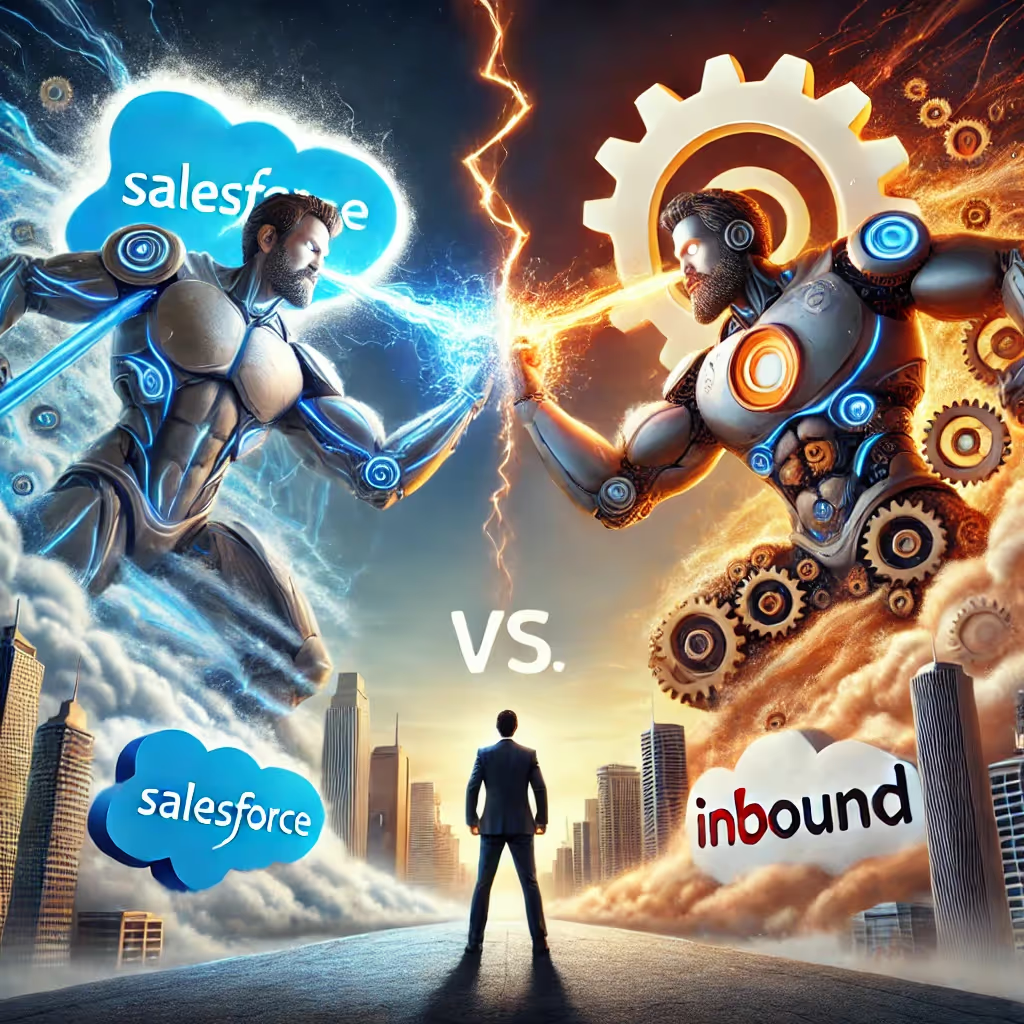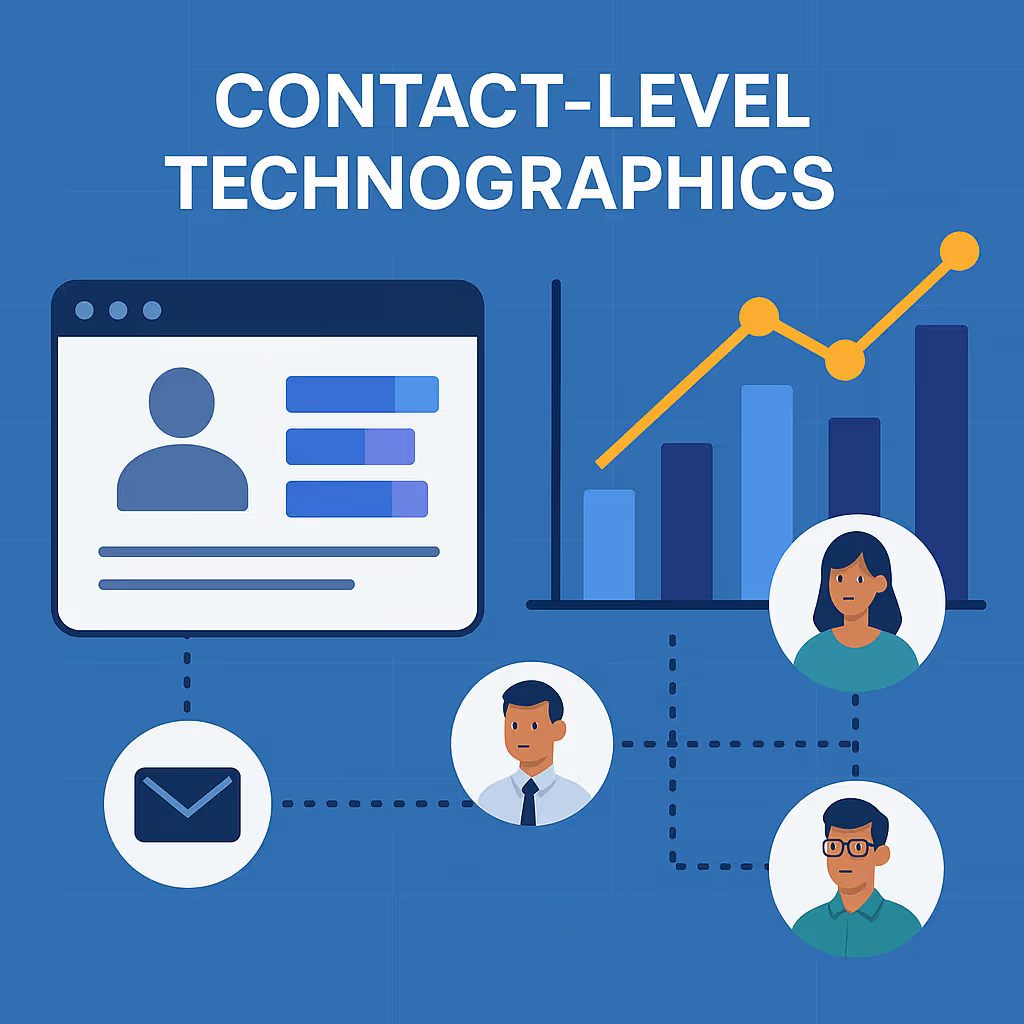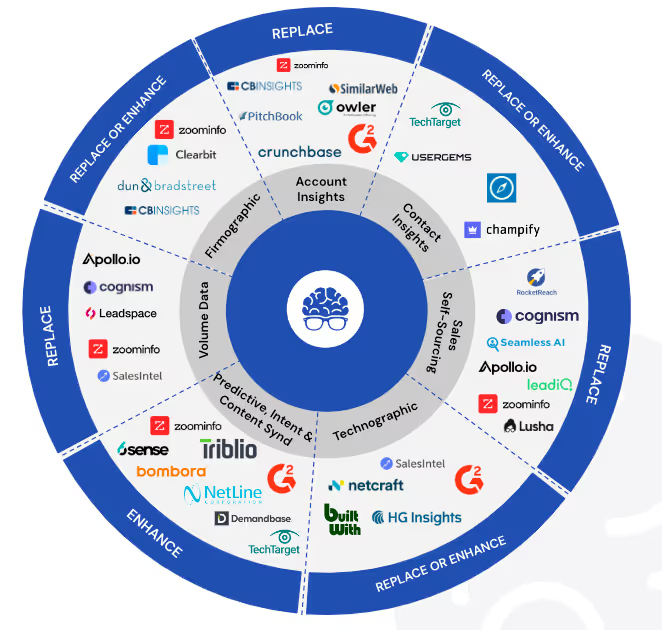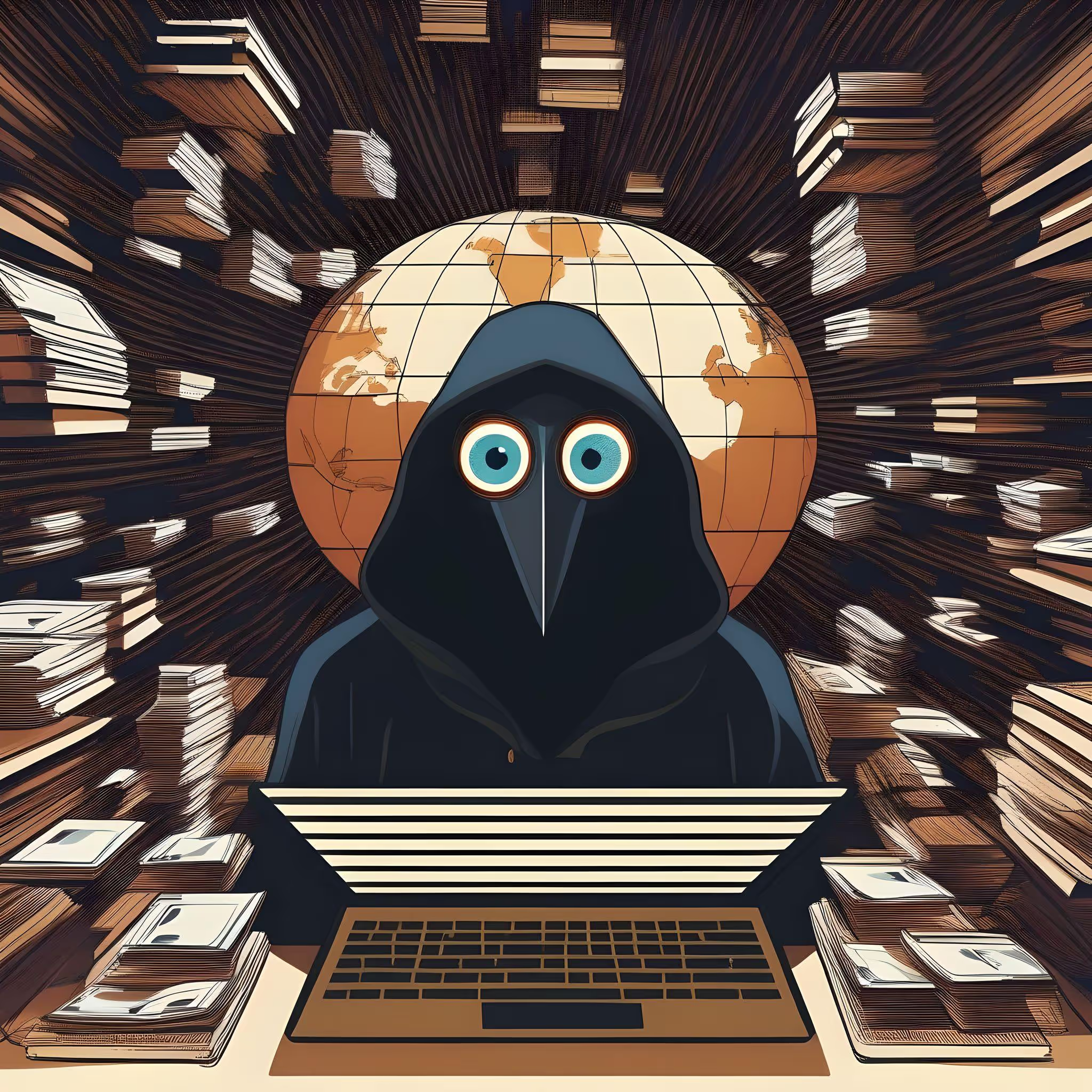Salesforce and HubSpot, once players in somewhat distinct segments of the customer relationship management (CRM) and marketing automation software (MAS) spaces, are now direct competitors. Their rivalry has grown increasingly visible, not just in product offerings but also in the timing of their flagship user conferences—Dreamforce and INBOUND. For years, these events were scheduled to avoid overlap, allowing industry professionals to attend both without a time conflict. However, since the pandemic, the delicate balance has shifted toward direct competition, as the two companies now often vie for the same audience at the same time.
A History of Separation and Mutual Respect
Initially, Salesforce and HubSpot were perceived to operate in different ecosystems. Salesforce, a pioneer in cloud CRM, dominated the enterprise market with a robust suite of tools tailored to large organizations. HubSpot, on the other hand, positioned itself as an inbound marketing leader, offering smaller companies a simplified, user-friendly suite of marketing, sales, and CRM tools.
Given this somewhat complementary positioning, Salesforce and HubSpot avoided scheduling their user conferences—Dreamforce and INBOUND—at the same time. Dreamforce, held in San Francisco, has long been the epicenter of the Salesforce ecosystem, attracting thousands of attendees across industries. INBOUND, hosted in Boston, became HubSpot's flagship event, drawing in professionals from the marketing and sales worlds. Historically, these conferences catered to different crowds, which allowed both companies to respect each other’s event timing and audience.
The Pandemic Shift and a New Era of Competition
The pandemic upended the world of in-person events, and both Dreamforce and INBOUND pivoted to virtual formats in 2020 and 2021. As conferences returned to in-person formats in 2022, we saw a change in strategy between Salesforce and HubSpot. Instead of maintaining the prior separation, the two companies began scheduling their events closer together, often on overlapping dates.
In 2022, Dreamforce ran from September 20-22, while INBOUND was held earlier in the month from September 6-9, leaving a small window between the two events. However, by 2024, the competition intensified, with Dreamforce taking place from September 17-19 and INBOUND running September 18-20, leaving little to no breathing room for industry professionals wanting to attend both.
This shift signals not just a battle for conference attendees, but also a broader competition for market share in the CRM and MAS spaces. Both companies are targeting the same buyer personas, including marketing, sales, and operations leaders. As Salesforce expands its offerings into marketing automation, and HubSpot grows into the enterprise CRM market, the overlap is inevitable.
Dreamforce by Salesforce and INBOUND by HubSpot have occasionally run concurrently in recent years. Here are the conference dates for both events over the last five years:
Dreamforce by Salesforce:
- 2024: September 17-19, San Francisco(Moscone)(Salesforce)
- 2023: September 12-14, San Francisco(Salesforce)
- 2022: September 20-22, San Francisco(Moscone)
- 2021: September 21-23 (hybrid event)(Moscone)
- 2020: November 9-12 (virtual due to the pandemic)(Moscone)
INBOUND by HubSpot:
- 2024: September 18-20, Boston(Inbound)(Inbound)
- 2023: September 5-8, Boston(Inbound)
- 2022: September 6-9, Boston(Inbound)
- 2021: October 12-14 (virtual event)(Salesforce Ben)
- 2020: September 22-23 (virtual event)(Salesforce Ben)
As you can see, in 2024 and 2022, the events overlap, while in other years, they have taken place on separate dates.
Why the Conference Clash Matters
Conferences like Dreamforce and INBOUND are more than just networking opportunities—they are battlegrounds for attention, thought leadership, and product announcements. These events are where companies launch new features, showcase their innovations, and build excitement among users, prospects, and the media. By scheduling these events at the same time, Salesforce and HubSpot are forcing attendees to choose, dividing attention and reducing the ability for either company to dominate the narrative of the CRM world during this crucial period.
For example, Dreamforce 2024 is marketed as "the world’s largest AI event," highlighting Salesforce’s push into artificial intelligence-driven CRM. INBOUND 2024, on the other hand, focuses on new growth strategies and advancements in inbound marketing, positioning HubSpot as a forward-thinking platform for sales, marketing, and service teams.
The Battle for Market Share
This growing tension in the user conference space reflects a larger battle playing out in the CRM and MAS sectors. Salesforce, historically the leader in CRM for large enterprises, has been moving downstream, offering solutions for small and mid-sized businesses through acquisitions like Slack and Pardot. Meanwhile, HubSpot has been moving upstream, expanding its CRM to cater to larger enterprises with enhanced scalability and deeper analytics.
As a result, both companies are now competing for the same slice of the market—businesses looking for an integrated CRM and marketing solution that is both scalable and easy to use. The overlap in conference dates is symbolic of this direct competition, as both companies try to capture the same attention, wallets, and mindshare within the B2B space.
Looking Ahead
It seems unlikely that the overlap between Dreamforce and INBOUND will disappear anytime soon. As the two companies continue to target similar audiences, their flagship events will increasingly serve as stages for this ongoing battle. What was once a somewhat amicable competition has transformed into a full-fledged rivalry, and the scheduling of these conferences reflects the intensifying competition for attention in the CRM and MAS landscapes.
In an industry where attention is everything, these strategic moves will likely have ripple effects on how professionals plan their event calendars, make software investments, and align themselves with either Salesforce or HubSpot’s ecosystems.




